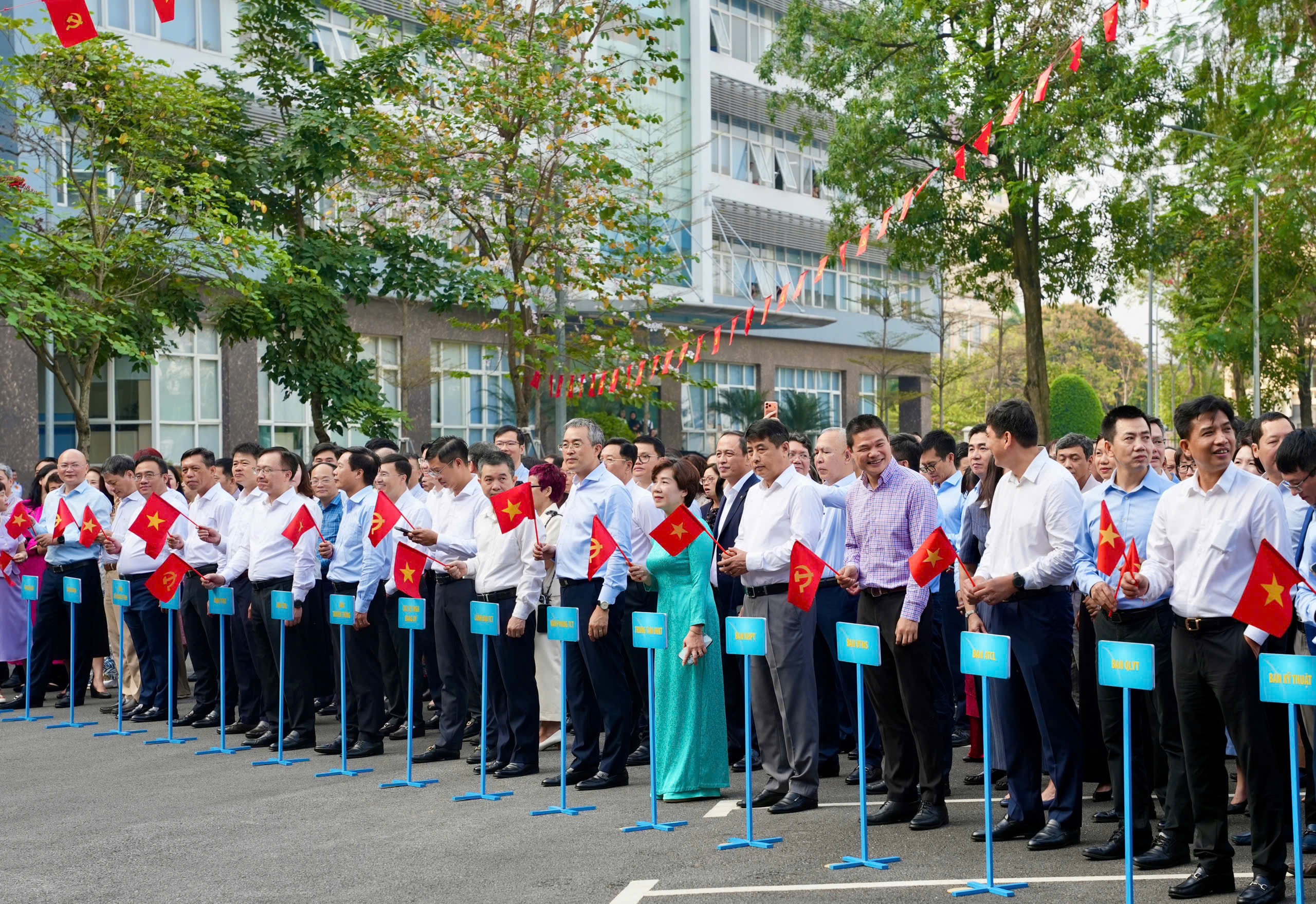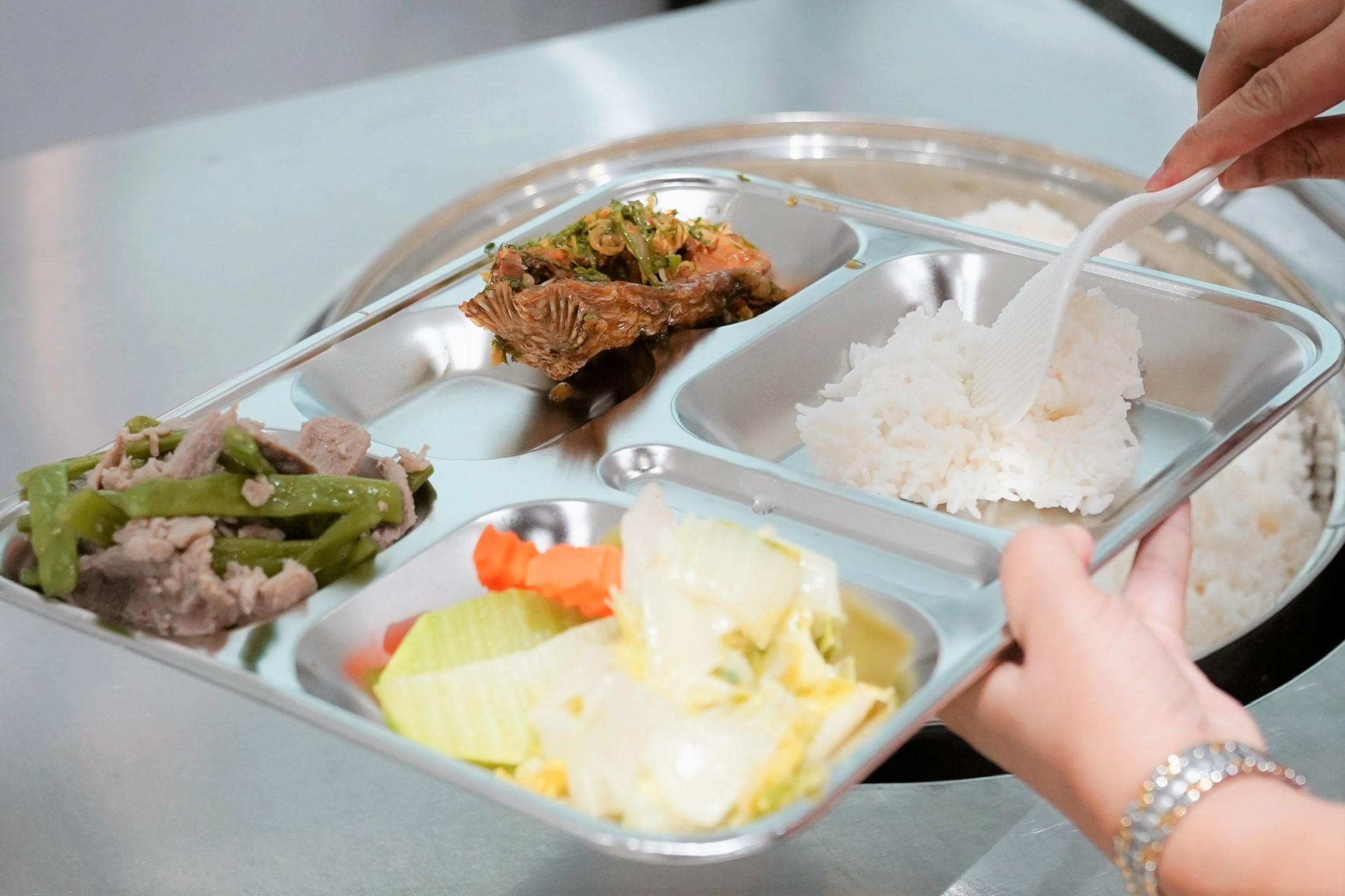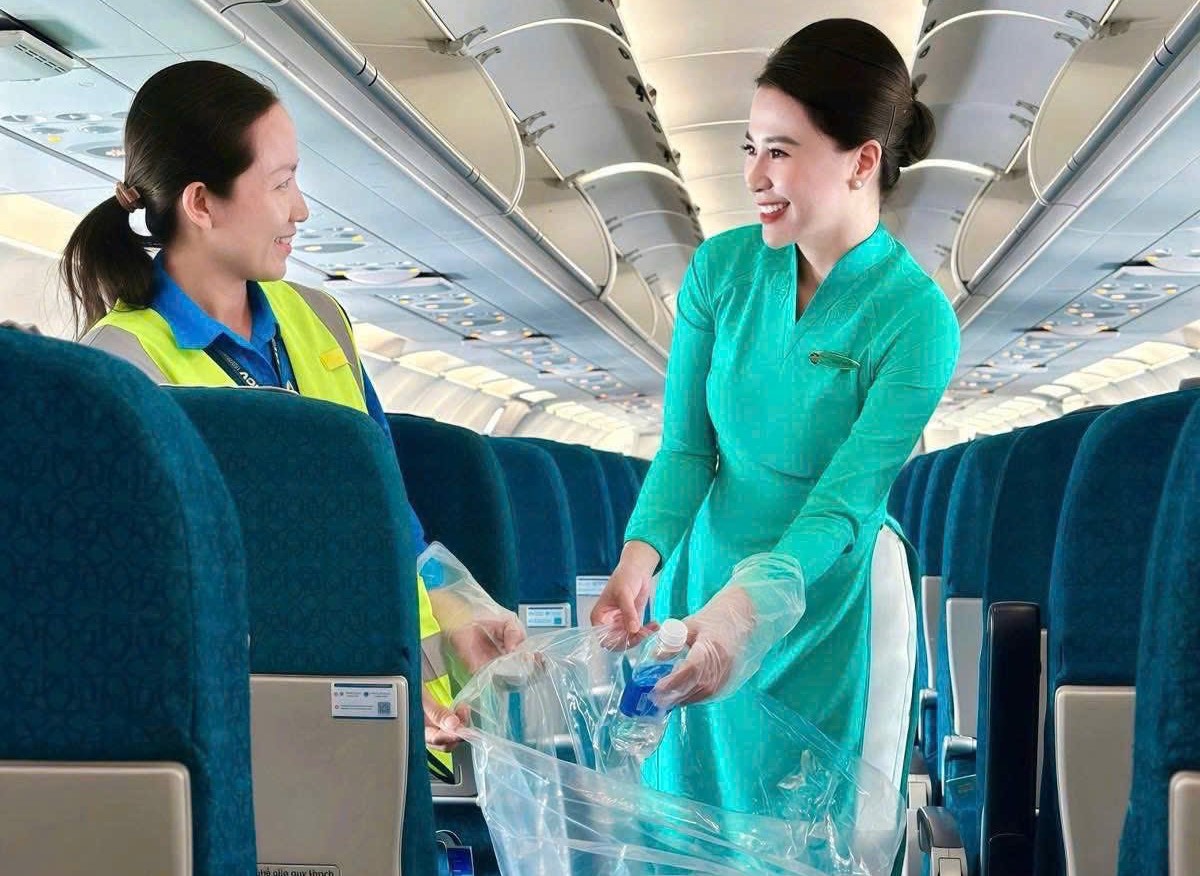Diversification of Revenue
“Airlines will continue to explore new ways of changing the course in revenue generation,” Triant Flouris, provost and chief academic officer for Hellenic American University in Nashua, N.H said, noting the potential for profit in selling ancillary products and services, including branded classes of service.
“Premium-style services will flourish, as airlines learn that a portion of consumers are willing to pay more for better service,” Sorensen said. “This does not necessarily suggest that first-class cabins will be filled, but rather, that services that allow travelers to use a la carte features to achieve premium service will become prevalent. We will also see the beginnings of a more effective effort to lure a larger share of consumer travel spending, such as hotel and car hire.”
More Tech Than Ever
From apps to in-flight entertainment to airport security, technology is an ever-evolving part of the air travel experience. Biometric technology — a combination of facial and iris recognition used for security screening — will likely see more growth in 2019. For example, the World Travel & Tourism Council, which represents the private travel sector around the world, recently announced a series of pilot programs to test that technology.

The use of biometric technology will likely increase in 2019.
The test program will allow some passengers to try biometrics in the first half of 2019, on flights between Dallas/Fort Worth and London, as part of a collaboration between American Airlines, Dallas/Fort Worth International Airport, Hilton and MSC Cruises. Biometric information will be used for airline and airport security and identification, as well as for car rental and hotel check-in.
Other airlines will continue to progress with biometric technology, too. Emirates has launched trials of what it calls the “world’s first biometric path” at Dubai International Airport, while LATAM Airlines is laying claim to be the first airline group in South America to use facial recognition biometrics for its boarding process, at Uruguay’s Carrasco International Airport.
Going Green

Carriers around the globe are eyeing eco-friendly practices more than ever.
Delta Air Lines, for example, is removing a variety of single-use plastic items from its aircraft and its Delta Sky Clubs, following the removal of plastic wrap from international main cabin cutlery this past April. And United Airlines set a goal in September to cut its greenhouse gas emissions by 50 percent over the next few decades.
“I think 2019 is going to be a good year,” Vlitas said. “A lot of initiatives that will come out are just in the beginning stages, and we’ll see them more in a couple years. Everyone’s going to try to outdo each other with the bells and whistles.”
Cre: TravelAge West












